Ask an Expert: What You Need to Know About Expenses
When we start working with a contractor, one of the first questions we get asked, is, “As a contractor working through my own limited company, can I claim for business expenses?” followed by, “What expenses can I claim for?”
You’ll be pleased to know that you can claim for a number of expenses that you incur during the course of running your own limited company.
This article covers in detail what an ‘allowable expense’ is and what you can claim for.

What is an allowable expense?
Before you get carried away and go on a shopping spree, you need to understand what HMRC deems to be an ‘allowable expense’.
An allowable expense is something that has been incurred ‘wholly, exclusively and necessarily’ for use by the business. The costs must be incurred during the process of running your business or during the act of trying to grow the business.
If the item or service has a dual purpose (i.e. it is used for business and personal use) it doesn’t come under the definition of an allowable expense.
What you can claim for
Here is a summary of some of the main business expenses you may be able to claim for:
- Salaries
- Pension contributions (made via an approved scheme)
- Employers National Insurance Contributions that are paid on employees’ salaries
- Training courses (if it is related to your profession)
- Stationary (business cards, letterheads)
- Postage costs
- Printing costs
- Business insurance (e.g. professional indemnity, public liability insurance)
- Costs and fees incurred from using the services of an accountant
- Mobile phonecosts (as long as the contract is in the business’ name)
- The cost of business calls that have been made on a personal phone
- Subsistence costs (e.g. meals, laundry etc.) that have been incurred whilst away from the normal place of work
- Travel costs (if using your own car, you claim 45p per mile for the first 10,000 miles and 25p per mile after that)
- Accommodation costs when away from your normal place of work
- Parking costs
- Home office costs (HMRC allows a flat rate of £4 per week without receipts, or, you can work out a proportion of household bills)
- IT equipment (hardware and software)
- Costs you’ve incurred through advertising and marketing your business
- Authorised bank charge (e.g. standing charges for each quarter)
- An eye test (for employees who use a computer)
How expenses work
The rules relating to business expenses are complex. Make sure you look out for updates from ourselves informing you of any changes.
Allowable expenses can be paid through the company before the deduction of Corporation Tax.
Example:
| Income | £10,000 |
| Expense | £3,000 |
| Profit (before tax) | £7,000 |
| Corporation Tax (currently 19%) | £1,330 |
| Profit (after tax) | £5,670 |
All expenses must be supported by a valid receipt or bank statement that details the transaction.
Duality of purpose rule
If you have a client who is based in a nice sunny climate and the next time you visit them you decide to add-on a couple of days for personal leisure time, you will see yourself falling foul of HMRC’s duality of purpose rule. This means that you won’t be able to claim tax relief on any portion of the trip that has a personal element.
Need some advice?
If you need further clarification on what you can claim as a business expense, get in touch with us on 01962 867550 or send us a message here.
Note: All the information and advice in this blog post was correct at the time of writing.







